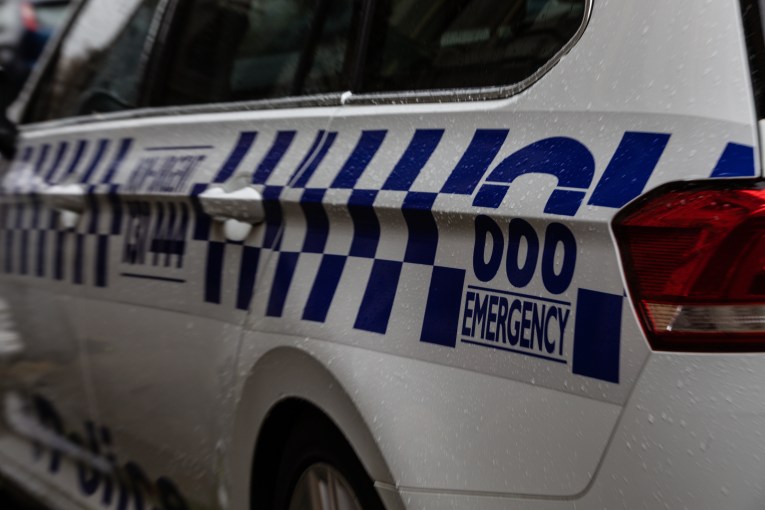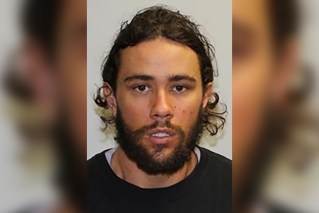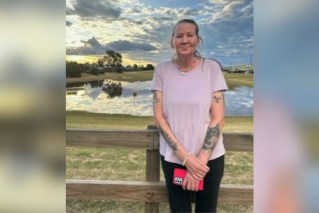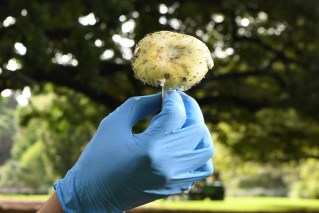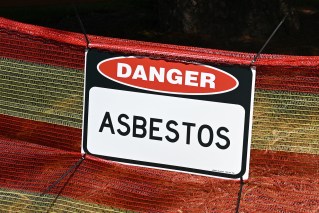Spike in alcohol, ice call-outs for Vic ambos

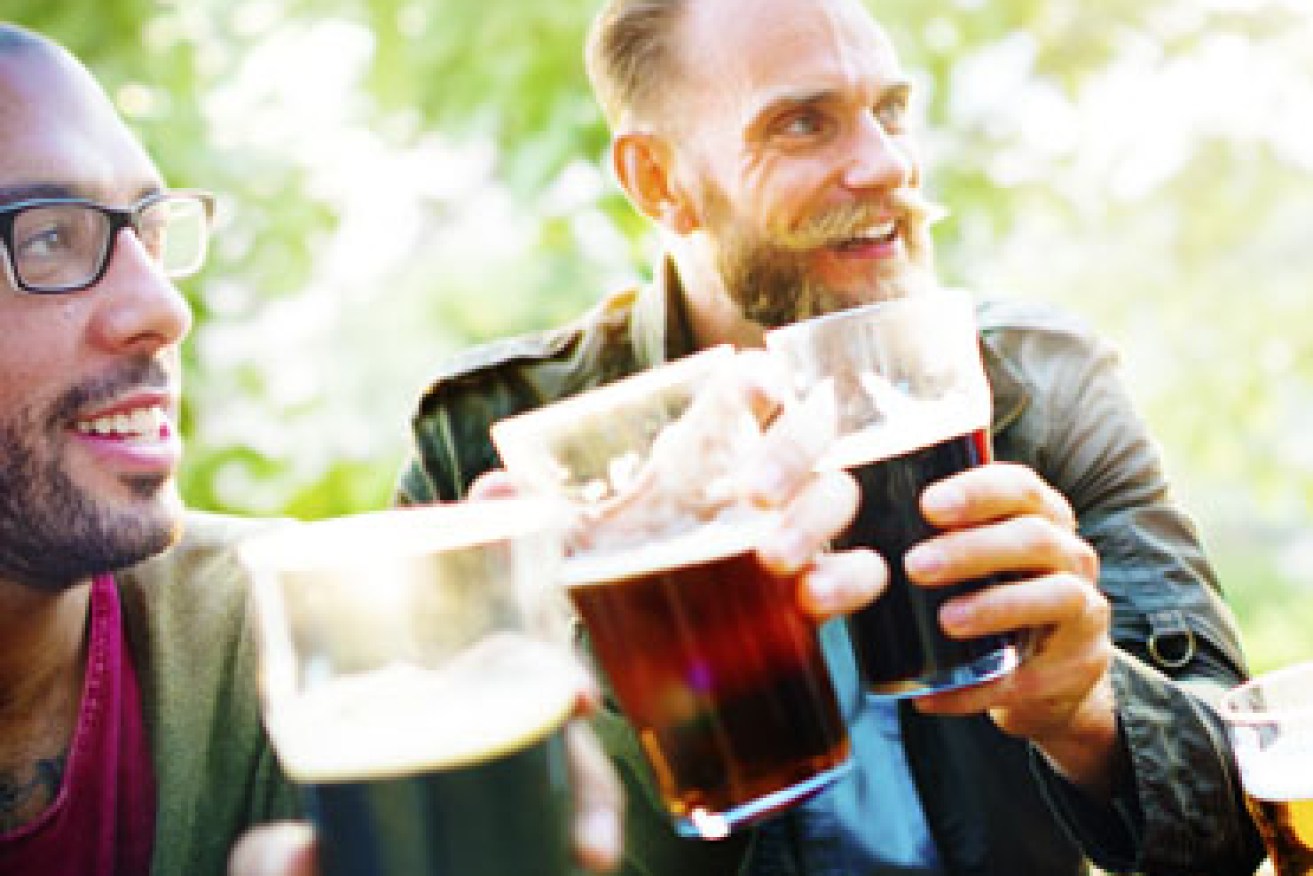
Shutterstock
Alcohol abuse is behind the most ambulance call-outs in Victoria, while ice-related attendances continues to spike, a new study reveals.
A report released on Monday by the Turning Point Alcohol and Drug Centre, showed there was an 11.8 per cent increase in ambulances attending alcohol-related emergencies in Melbourne between 2013-14.
Meanwhile, ice-related ambulance attendances spiked by 10 per cent in Melbourne and an alarming 27 per cent in regional Victoria.
• Poll threatens Tony Abbott, govt
• ‘Evil and pernicious’: PM announces ice taskforce
• ‘Drug addicts need recovery, not jail’: expert
Turning Point’s head of research and workforce development, associate professor Belinda Lloyd, said factors that could have influenced the ice figures was more education campaigns and access to support services.
Prof Lloyd said while ice was a concern for communities, alcohol was a substance that was always present and the effects could be long-term and harmful.
“It is something that is embedded in Australian culture, having a drink is a way to celebrate, it’s a way to engage in social occasions … it’s really something that’s synonymous with Australian culture for many people,” she said.

Professor Lloyd says alcohol is embedded in Australian culture. Photo: Shutterstock
Victorian Health and Ambulance Services Minister Jill Hennessy said although ice didn’t top the list, it was destroying communities.
“Too many people are putting their lives at risk, and the nature of some drugs can mean they show aggression and act violently against paramedics, nurses and doctors who are trying to help them,” Ms Hennessy said.
The report comes as Prime Minister Tony Abbott announced plans on Sunday encouraging people to “dob in a drug dealer” and the locations of drug labs, as part of its war on the drug ice, following a successful Crime Stoppers Victoria initiative.
Ambulance Victoria acting general manager emergency operations Mick Stephenson said the drug ice was like no other in the way it could quickly send people out of control.
“There is a high potential for people affected by ice to be aggressive and violent towards those trying to help them,” Mr Stephenson said.
“Paramedics use a range of methods to manage violent patients or de-escalate confrontation, ranging from verbal skills to sedating patients to ensure the most appropriate treatment for these patients.
“People taking ice risk potential health complications including exposure to heart problems and stroke. It can also exacerbate mental health conditions.”
The report, Trends in alcohol and drug-related ambulance attendances in Victoria 2013/14, also revealed while heroin was still one of the more common drug-related call outs for ambulances, calls decreased by 1.6 per cent in Melbourne and 12.6 per cent in regional Victoria.
Turning Point operates the State Government’s Ice Advice Line, for more information phone 1800 ICE ADVICE (1800 423 238). It also operates general drug and alcohol support service DirectLine (1800 888 236) and www.counsellingonline.org.au. All services operate 24 hours a day, 7 days a week.
